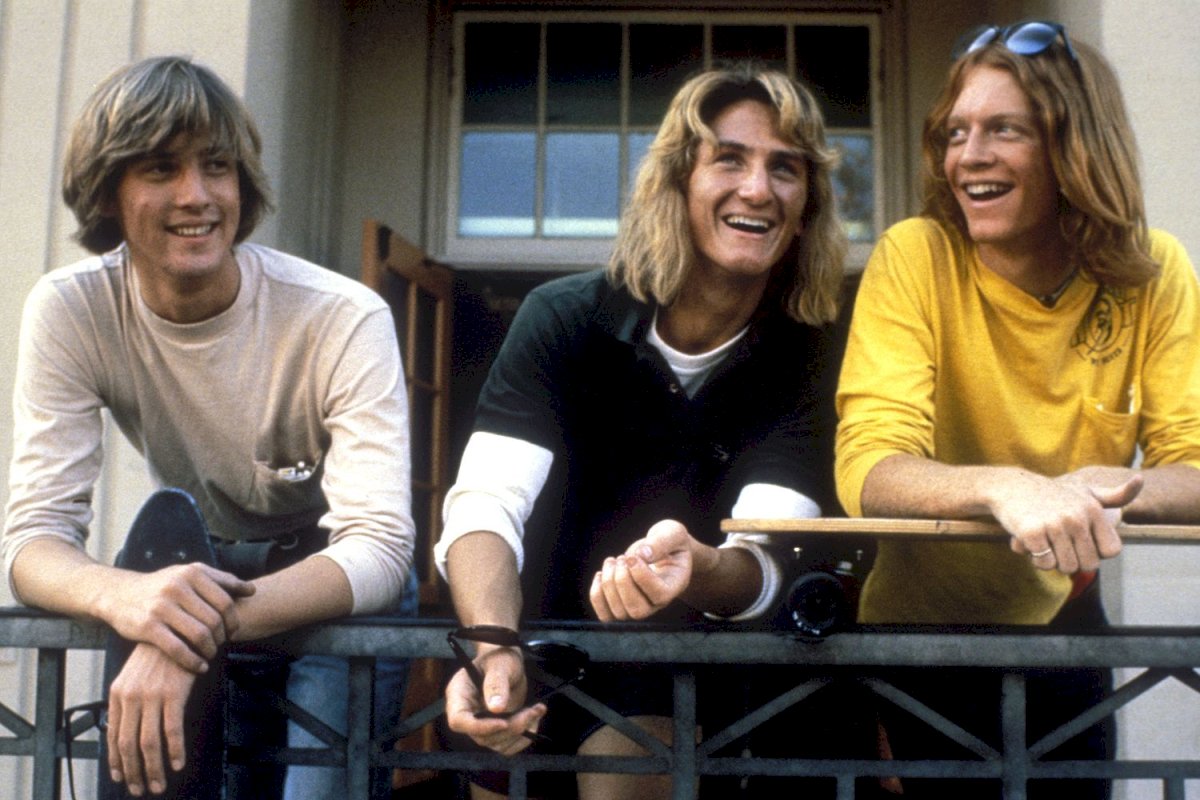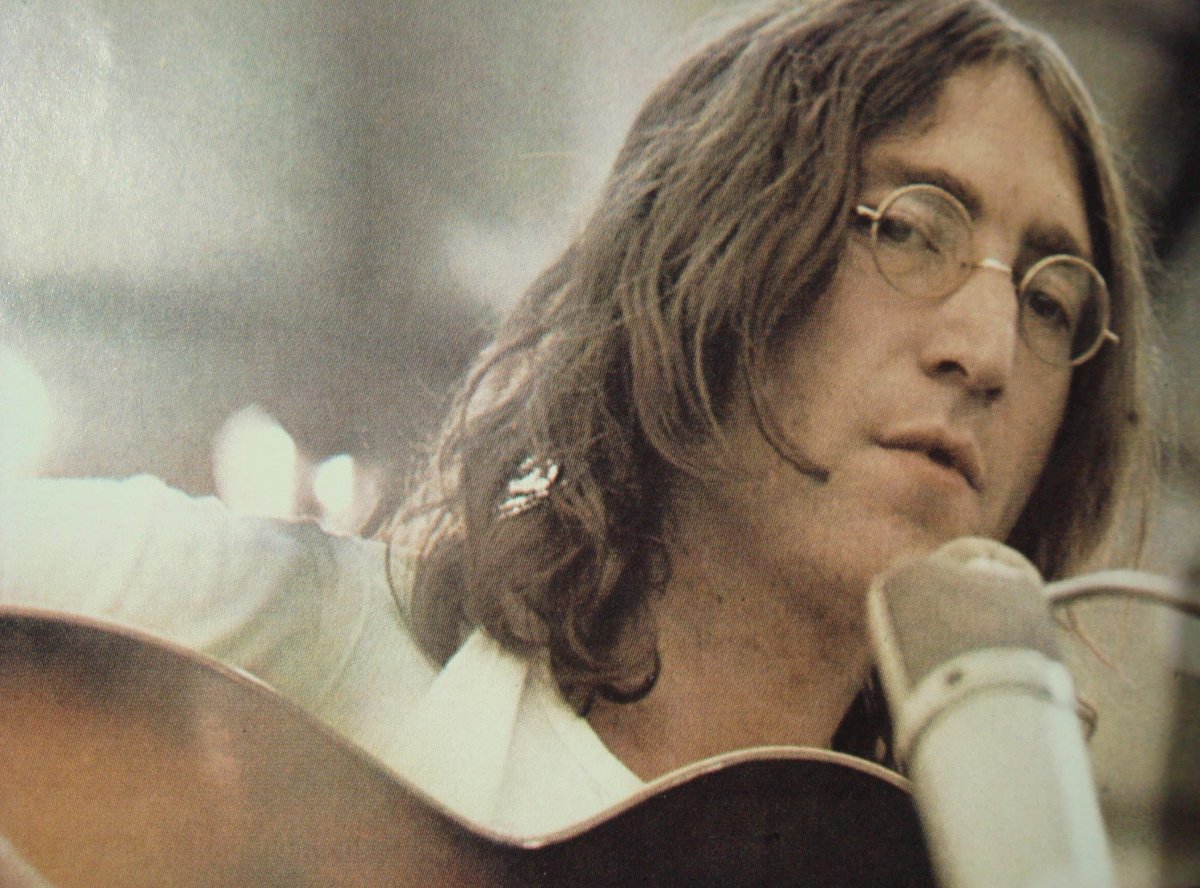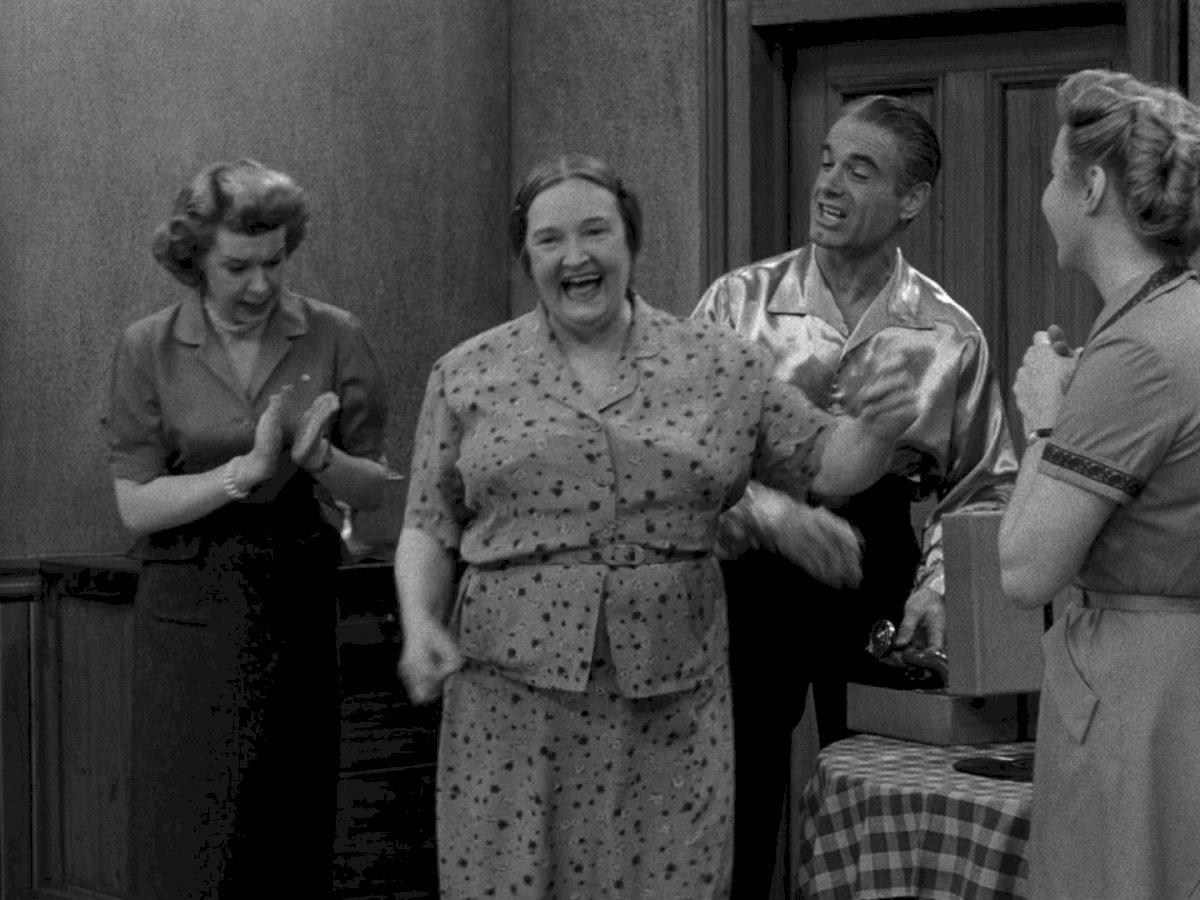In the annals of television history, certain shows stand as cultural touchstones, not merely for their entertainment value but for the profound impact they've had on society. "A Different World," which aired from 1987 to 1993, is one such show. Created as a spin-off of "The Cosby Show," it ventured into uncharted territory, using humor and heart to tackle complex issues faced by African American college students. In this article, we'll delve into the legacy and significance of "A Different World" in redefining campus comedy and cultural representation.
(Watch the video below)

The Genesis of "A Different World"

"A Different World" was a spin-off of the hugely popular "The Cosby Show." Premiering in 1987, the show was initially conceived as a vehicle for Denise Huxtable, one of the characters from "The Cosby Show." However, the producers quickly realized that a college campus provided the perfect backdrop to explore deeper issues and themes.
The series found its identity as it shifted its focus to Hillman College, a fictitious historically black college in Virginia. This change allowed the show to not only delve into the lives of its characters but also to tackle important social issues, making it more than just a typical sitcom.
The Cultural Context
The late 1980s and early 1990s were marked by significant social and political changes in the United States. Issues of race, gender, and class were at the forefront of public discourse. "A Different World" arrived at the perfect moment, providing a platform to discuss and dissect these issues with humor and authenticity.
The show addressed racism, sexism, and prejudice, all within the context of higher education. For many viewers, it was their first exposure to the experiences and challenges faced by students of color in predominantly white institutions. The series offered a window into the complexities of college life, touching on issues such as dating, friendships, and academic pressures.
Diverse Representation

One of the most remarkable aspects of "A Different World" was its diverse cast. Led by the charismatic Jasmine Guy (Whitley Gilbert) and Kadeem Hardison (Dwayne Wayne), the show featured a range of characters from various backgrounds and walks of life. Each character brought their unique perspective to the series, allowing viewers to see themselves represented on screen.
The show was notable not only for its African American cast but also for its exploration of themes relevant to a broader audience. It highlighted the importance of diversity, both in front of and behind the camera, paving the way for more inclusive storytelling in television.
Character Development and Relationships
At its core, "A Different World" was a character-driven series. Viewers grew attached to the ups and downs of their favorite characters as they navigated the challenges of college life. Relationships were a central theme, from the will-they-won't-they romance between Whitley and Dwayne to the enduring friendship between Whitley and Kim (Charnele Brown).
The show didn't shy away from addressing complex issues within relationships. It tackled topics like communication, trust, and the importance of self-discovery, resonating with audiences of all ages. These relatable storylines made "A Different World" a show that viewers could connect with on a personal level.
The Impact on Education and Beyond
While "A Different World" was primarily a comedy, it didn't shy away from portraying the academic challenges faced by its characters. The show's portrayal of college life, complete with late-night study sessions and passionate professors, inspired many viewers to pursue higher education.
Hillman College became a symbol of aspiration for countless individuals, particularly students of color. The series emphasized the importance of education and how it could empower individuals to overcome obstacles and achieve their dreams.
Legacy and Cultural Influence
More than two decades after its final episode aired, "A Different World" remains a cultural touchstone. It has left an indelible mark on television history and continues to be celebrated for its contributions to diversity, representation, and social commentary.
The show's legacy is evident in the careers of its cast members, many of whom have continued to make significant contributions to the entertainment industry. It also served as a launching pad for prominent African American filmmakers and writers who went on to create their own groundbreaking work.
Conclusion
"A Different World" was not just a television show; it was a cultural phenomenon that touched the lives of millions. It challenged stereotypes, encouraged dialogue, and provided representation for underrepresented communities. The show's impact continues to be felt in the world of entertainment and in the lives of those who were inspired by its characters and stories.
As we reflect on this iconic series, we can't help but recognize its enduring relevance. In a world that still grapples with issues of diversity and inclusion, "A Different World" serves as a reminder of the power of storytelling to bridge gaps and inspire change. It remains a testament to the potential of television to not only entertain but also to educate and enlighten, leaving an indelible mark on the landscape of American pop culture.



